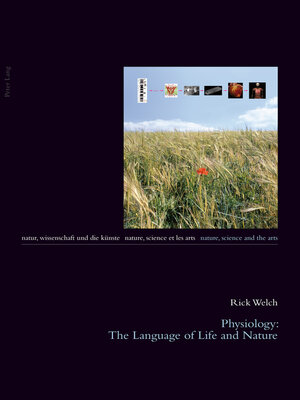Physiology
ebook ∣ The Language of Life and Nature · Natur, Wissenschaft Und Die Künste / Nature, Science and the Arts / Nature, Science Et Les Arts
By Julia Burbulla

Sign up to save your library
With an OverDrive account, you can save your favorite libraries for at-a-glance information about availability. Find out more about OverDrive accounts.
Find this title in Libby, the library reading app by OverDrive.



Search for a digital library with this title
Title found at these libraries:
| Library Name | Distance |
|---|---|
| Loading... |
This book paints a flowing picture of the relationship beween life and nature, through the evolution of a word – physiology. Today, it denotes a scientific discipline at the intersection of biology and medicine, signifying the «study of life». Yet, physiology manifests a split personality in the course of history. It came down to us from the ancient Greeks, where it represented the «study of nature», or «natural philosophy» – the precursor of modern-day «science». Physiology originates from an older Greek root, physis – meaning «nature» itself – that stretches far back to the birth of Greek thought. How did this word generate two such disparate meanings? What does this word tell us, historically, about humankind's grasp of the essence of nature and the essence of life – and the interrelationship between the two? The author follows an etymological path into the distant past, in writing the biography of the word «physiology». The book delves into linguistic pre-history, in search of the primordially interwoven views of life and nature – and the words that symbolized those views. It tracks the evolving meaning of those words in Western civilization across time, space, language, and culture.







